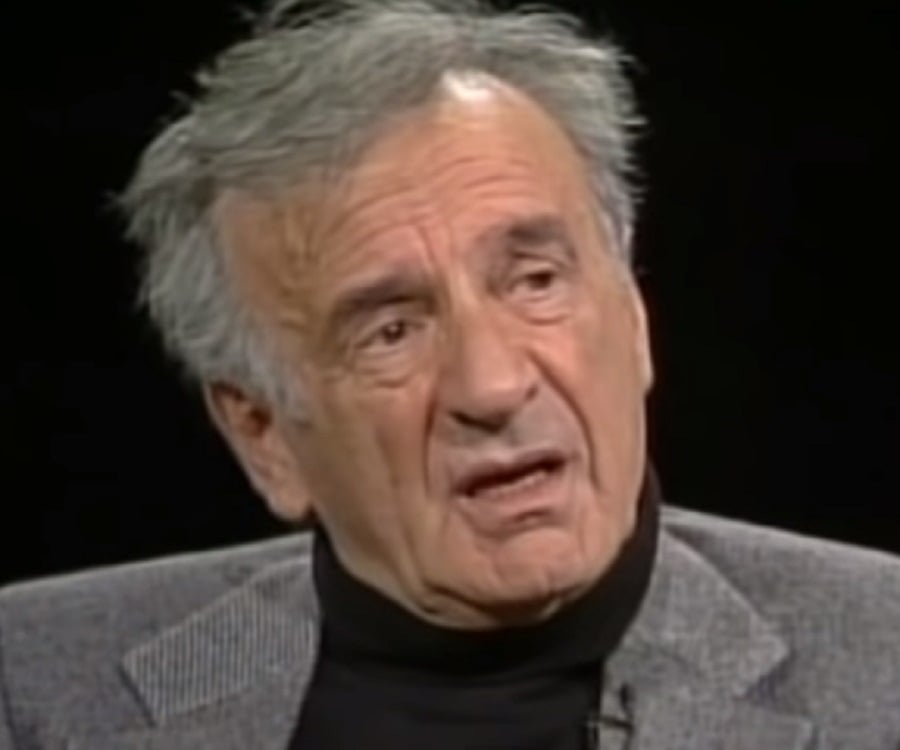Elle’s experiences during the Holocaust changes him as a person by changing his religious faith. In the beginning of the book, Elie was very pious towards his god. Wiesel stated that, “One evening I told him how unhappy I was because I could not find a master in Sighet to instruct me in the Zohar, the cabbalistic books, the secrets of Jewish mysticism”. Wiesel was very pious as he wanted to learn everything of his Jewish religion.
Later on in the book, Elie begins to change. Elie states that he had witnessing prisoners being sent to the crematory to be burned alive. “A lorry drew up at the pit and delivered its load—little children. Babies! Yes, I saw it—saw it with my own eyes….those children in the flames… For the first time, I felt revolt rise up in me. Why should I bless His name? The Eternal, Lord of the Universe, the All-Powerful and Terrible, was silent. What had I to thank Him for?” (30). Before Elie and his family were sent to Auschwitz (They were still in Sighet), Elie had always wanted to study the Cabbala, Talmud, and learn Mysticism but as he made his way to the concentration camp, He began losing his religious faith towards his God as if He was dead. “Never shall I forget that nocturnal silence which deprived me, for all eternity, of the desire to live. Never shall I forget those moments which murdered my God and my soul and turned my dreams to dust, never shall I forget these things, never if I am condemned to live as God Himself. Never.” (Wiesel 32)
Another change that was caused by his experiences during the Holocaust was his relationship with his father. Once Elie and his father had arrived at Auschwitz, his father had a colic attack which he asked “Excuse me, can you tell me where the lavatories are?” (Wiesel 36). Upon asking this question, he was struck by the gypsy where Elie thought, “What had happened to me? My father had just been struck, before my very eyes, and I had not flickered an eyelid. I had looked on and said nothing. Yesterday, I should've sunk my nails into the criminal’s flesh” Wiesel 37). As time passes, Elie’s father was beaten by Idek with an iron bar. What's different is that Elie “was thinking of how to get further away so that I would not be hit myself. What is more, any anger I felt at that moment was directed, not against the Kapo, but against my father. I was angry with him, for not knowing how to avoid Idek’s outbreak. That is what concentration camp life had made of me. This shows how Elie had thought of doing something against the gypsy that struck his father when he arrived at Auschwitz but changes as he thought of moving further away from his father who was being beaten by Idek at this moment in order to not get hit.
Wiesel, Elie. Night. New York, NY: Hill and Wang, a division of Farrar, Straus and Giroux, 2013. Print.

No comments:
Post a Comment